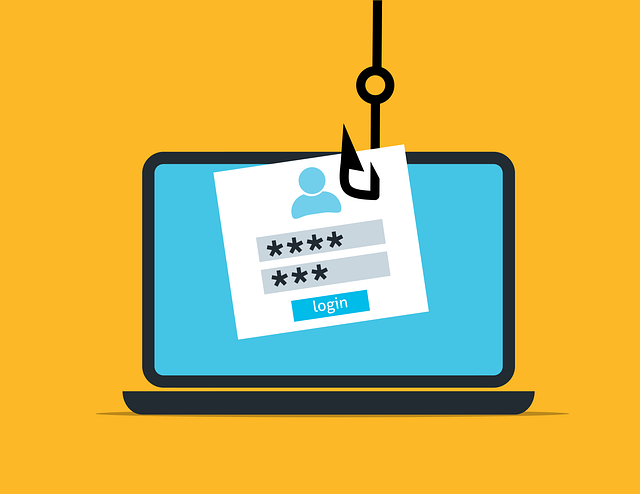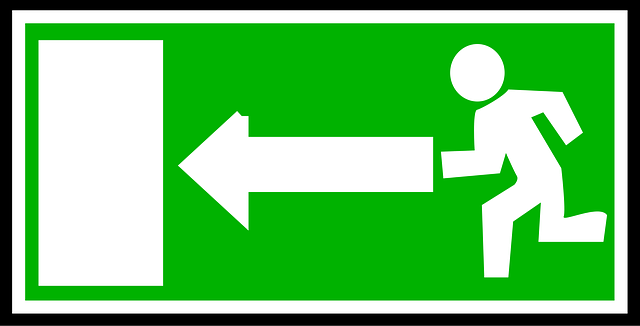Creating safe learning environments is paramount in education. Teacher background screening, through comprehensive checks of criminal history, academic records, and employment verification, safeguards students from abuse and misconduct. Global legal requirements vary, but many regions mandate rigorous screenings involving state/federal agencies to uphold academic integrity. Balancing privacy and public safety, these meticulous processes foster trust and maintain high teaching standards.
“In ensuring a safe and nurturing learning environment, background checks in education play a pivotal role. With increasing concerns about educator misconduct and criminal history, systematic teacher background screening has become indispensable. This article delves into the necessity of such screenings, exploring legal frameworks and regulations that guide them. We outline comprehensive steps for assessing potential risks and balance privacy considerations with public safety measures. Understanding these aspects is crucial for maintaining integrity within educational institutions.”
- Understanding the Need for Teacher Background Screening
- Legal Frameworks and Regulations for Education Background Checks
- Comprehensive Steps in Conducting Educator Misconduct Assessments
- Balancing Privacy Concerns with Public Safety in Screening
Understanding the Need for Teacher Background Screening

In the realm of education, ensuring a safe and conducive learning environment is paramount. This involves not just evaluating academic qualifications but also scrutinizing potential risks posed by individuals who oversee young minds. Background checks in education, specifically teacher background screening, have become indispensable tools to protect students from any form of abuse, exploitation, or misconduct. By delving into an educator’s past, including their criminal history and conduct, schools can make informed decisions to foster a secure atmosphere for learning.
The necessity for these stringent measures arises from the understanding that educators play a pivotal role in shaping young lives. Any untoward behavior or criminal inclination on their part could have severe repercussions on students’ well-being and academic progress. Teacher background screening, therefore, acts as a shield, enabling educational institutions to navigate potential risks effectively. It’s not just about preventing heinous crimes but also about maintaining the integrity of the teaching profession and safeguarding the innocent.
Legal Frameworks and Regulations for Education Background Checks

The legal frameworks governing background checks in education vary significantly across regions, reflecting the diverse needs and standards of different educational systems. In many countries, there are stringent regulations in place that mandate comprehensive teacher background screening as a vital step in ensuring student safety and maintaining academic integrity. These checks often include verifying criminal records, academic qualifications, employment history, and any previous involvement with regulatory bodies related to education.
Key aspects of these regulations typically encompass the scope of information to be screened, the entities authorized to conduct such checks, and the legal consequences for false or incomplete disclosures. For instance, in regions like North America and parts of Europe, educators are subject to rigorous background investigations that may involve state or federal agencies, employing advanced data analytics and record-matching technologies to ensure a thorough evaluation. This proactive approach to teacher screening is underpinned by the recognition that safeguarding educational environments from potential threats is paramount for fostering a safe and conducive learning atmosphere.
Comprehensive Steps in Conducting Educator Misconduct Assessments

Conducting educator misconduct assessments involves a multi-step process that ensures thoroughness and fairness. First, institutions should implement robust background checks in education, encompassing criminal history screenings and verification of previous employment and educational credentials. This step is crucial for identifying any red flags that might indicate potential risks.
Additionally, conducting reference checks from past employers or supervisors is essential. Interviews with these individuals can provide valuable insights into the educator’s conduct, professionalism, and ability to manage classroom dynamics. Combining background checks with comprehensive reference checks creates a robust framework for assessing potential misconduct before educators join the faculty.
Balancing Privacy Concerns with Public Safety in Screening

Balancing privacy concerns with public safety is a delicate act in the realm of educator screening. When conducting background checks in education, institutions must navigate sensitive information while ensuring the protection of students and the wider community. Every effort should be made to respect the privacy of individuals, especially teachers who often hold personal details on their records. However, this process cannot compromise public safety; historical or current criminal behavior must be identified to prevent potential harm.
A robust teacher background screening system strikes a balance by adhering to strict data protection guidelines while employing comprehensive checks. This involves verifying identities, checking criminal records, and reviewing any relevant history that could impact their ability to work with children. By implementing these measures, educational institutions can create a safe learning environment, foster trust among parents and guardians, and maintain the highest standards of integrity in their teaching staff.






